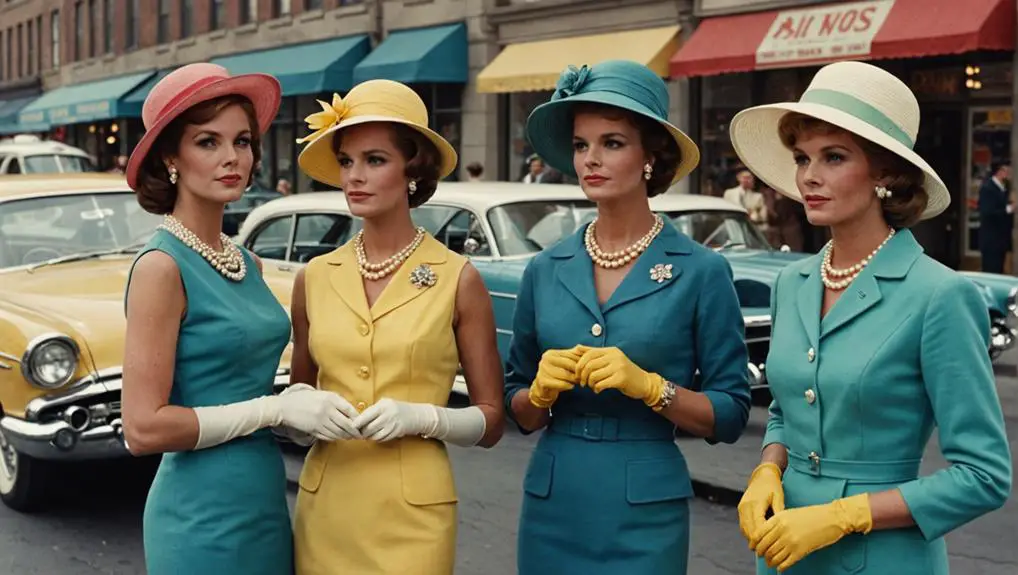A growing movement advocates for mindful shopping as consumers turn away from fast fashion and high-priced trends fueled by influencer culture.
Social media has long been the platform where influencers showcase a myriad of products, often pushing their followers towards high-priced, trendy items that may become outdated almost as quickly as they are purchased. In recent years, however, a counter-movement has emerged in response to the fast fashion culture, known as “deinfluencing,” which has gained traction particularly since 2023.
Deinfluencers are non-traditional bloggers and social media personalities advocating for conscious consumption and the rejection of unnecessary shopping, aiming to foster a more sustainable and thoughtful relationship with fashion and consumer goods. Diana Vibe, a deinfluencer from the USA with a following of 200,000 on TikTok, articulated the movement’s core philosophy with the question, “Did you really want that product or were you just sold it?” This resonates with consumers who are increasingly disillusioned by the messages promoted by conventional influencers.
The deinfluencing trend gained visibility through the #deinfluencing hashtag, which has accumulated over a billion views, signaling a shift in consumer behavior amid growing concerns about overconsumption and environmental impacts. According to Vibe, the pervasive nature of influencer advertisements creates a misleading perception that these endorsements are akin to personal recommendations from friends or family. Reflecting on her own experiences, she noted, “Suddenly it hit me that all of this is nothing more than advertising.”
Supporting the rise of deinfluencers is data from Brightlocal, which reveals that a staggering 97 percent of consumers seek online product reviews before making purchases. This statistic highlights the critical role of influencers in shaping buying decisions, with 85 percent of individuals trusting online reviews as much as personal recommendations. Conversely, the influence of traditional influencer marketing continues to grow, reportedly doubling in size from 2019 to 2023, culminating in an estimated value of $21.1 billion.
Kristina Mihaskiv, a deinfluencer from Toronto, shared her own financial struggles stemming from impulsive shopping, which led her to accumulate significant debt. She reflects on her journey, explaining how she initially made radical changes to her shopping habits, but later found balance in allowing herself to shop while carefully considering her wardrobe prior to purchases. “Detach yourself from your phone. Constant content consumption increases the chances of giving in to unconscious impulses,” she advised, emphasizing the need for individuals to reconnect with their existing items.
The phenomenon of deinfluencing also aims to address broader societal concerns associated with fast fashion. Aji Barber, writing for a platform, recounted an observation where a postal worker delivered numerous Shein packages to the same address multiple times within a month, illustrating the extent of excessive consumption. Industry estimates suggest that over 100 billion clothing items are produced globally each year, with more than half of those discarded within a year. The environmental ramifications are significant, with unwanted items often ending up in landfills, contributing to pollution and health risks in various regions, particularly in parts of Africa and Asia.
The movement has garnered attention from fashion insiders, including stylist Lucinda Graham, who argued that the ethos of deinfluencing enhances personal style by disfavoring impulse buys in exchange for a more thoughtful approach to fashion. “Personal style requires time for development and experimentation with the same items,” she noted, underscoring the importance of individual preference over prevailing trends dictated by influencers.
As the deinfluencing movement progresses, it invites consumers to reconsider their shopping habits amidst a backdrop of rising living costs and shifting consumer sentiments. By advocating for fewer, more meaningful purchases, deinfluencers encourage followers to engage in a form of consumption that prioritizes value and satisfaction over fleeting trends—a departure from the conventional influencer culture that has dominated social media in recent years.
Source: Noah Wire Services





One Comment